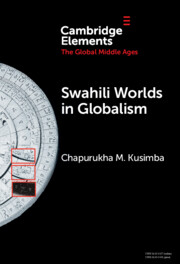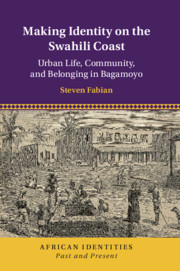This paper examines the song Riziki1 (2005), composed and performed by Ja-Mnazi Afrika, which theorizes night work. Written and performed by the Kenyan musician Michael Otieno Ooko a.k.a Awillo Mike Ja’mnazi, the song appropriates the Swahili word “Riziki” which refers to a livelihood to complicate the idea and value of work, and particularly work by night. This way, the song’s Swahili lyrics muse upon and animate the work process to an East African audience. The song narrates night work dynamics, with a temporal sensibility, and proffers dignity to work-by-night subcultures. Borrowing from performance analysis and close listening analytical approaches, this paper argues that the song communicates the stress and pressures of night work while simultaneously emphasizing how imperative the continued work is to secure people’s livelihoods. Furthermore, the choice of language, for the most part, of the song in Kiswahili, an African language, and a language of trade in Eastern Africa is perhaps aware of the diversity of people and occupations included in night work. This way, the song complicates the cultural dynamic of night work to move beyond its association with the pleasure economy to locate work by night within capitalist work cultures.

